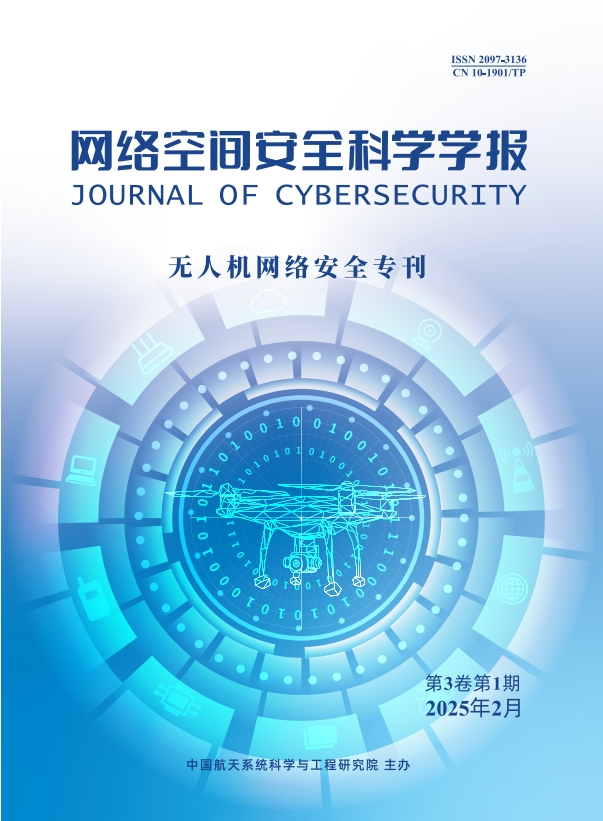Publication Ethics
In order to strengthen the ethical norms of science and technology, promote scientific research integrity, and facilitate the development of the science and technology industry, Journal of Cybersecurity adheres to the following ethics guidelines.
Journal of Cybersecurity follows recognized academic ethical standards and firmly opposes any plagiarism. According to the latest academic publishing ethical standards, all manuscripts received by this journal will undergo plagiarism detection upon submission and again before publishing. If any plagiarism is found, the manuscript will be rejected.
Editors, authors, and reviewers of this journal should fulfill the following responsibilities and also comply with other relevant regulations and requirements of Journal of Cybersecurity.
Authors’ Responsibility:
1.Authors should provide an accurate description of their original research and an objective argument about its importance, and should comply with relevant requirements of the journal.
2.Authors should not submit identical manuscripts to more than one journal at the same time, nor should they publish manuscripts describing the same research findings in multiple journals.
3.Authors should ensure that the manuscript is an original work with independent intellectual property rights, and that it is free from any academic misconduct such as plagiarism, forgery, tampering, improper attribution, multiple submissions, redundant publishing, and salami publication. The content of the manuscript does not contain confidential or sensitive information.
4.Authors should confirm all sources of data used in the study, and appropriate citations and annotations have been made to the research results of other scholars mentioned in the paper.
5.Authors should be limited to those who have made significant contributions to the research conception, design, implementation, or interpretation of the report, and those who have made significant contributions must be listed as co-authors. Authors should specify their contributions in the Authors Statement Form.
6.If obvious errors are found in a submitted or published paper, authors should promptly notify the editorial office to make correction or retraction.
7.All authors should disclose all potential conflicts of interest if the financing/personal status/affiliation of the authors (or the authors' organization/employer) may affect authors' decision, work or manuscript. When mentioning a product, authors should also disclose any conflict of interest against competitive products. Authors should report potential conflicts of interest related to the study in the Authors Statement Form. When there is no competing interest, it should also be stated that “there is no conflict of interest”.
Editors' Responsibility:
1.According to the review comments from the editorial board and reviewers, editors shall accept, reject, or require revisions to the manuscript.
2.The editorial office has right to independently make decisions on acceptance or rejection of manuscripts, but cannot be based on the editors' personal opinions. Decisions already made cannot be changed except for serious errors or academic misconduct are found,
3.Editors must ensure that each manuscript is initially evaluated for originality using appropriate software. After this testing, the manuscript conducts a "double-blind" peer review, and reviewers will provide specific suggestions for acceptance, rejection, or modification of the manuscript.
4.Editors must ensure that every manuscript accepted by this journal undergoes academic content review, regardless of the authors' gender, race, religion, and nationality.
5.The responsible editors should not have any conflicts of interest with the study, authors, and/or sponsors.
Reviewers’ Responsibilities:
1.Reviewers must be objective and impartial in the review process, and should support their views by evidence.
2.Reviewers should review the manuscript in a timely manner as agreed, and should not make other people do the review work on their behalf. If they are unable to complete review on time for any reason, they should promptly inform the editorial office and decline the request.
3.Reviewers must ensure that the authors have confirmed the source of the data used in the manuscript. If plagiarism or multiple submissions are found, the editors should be informed immediately.
4.Reviewers should keep confidential the content of the manuscript and not use the research results from the paper under review.
5.Reviewers should not have any conflicts of interest with the study, authors, and/or sponsors.


